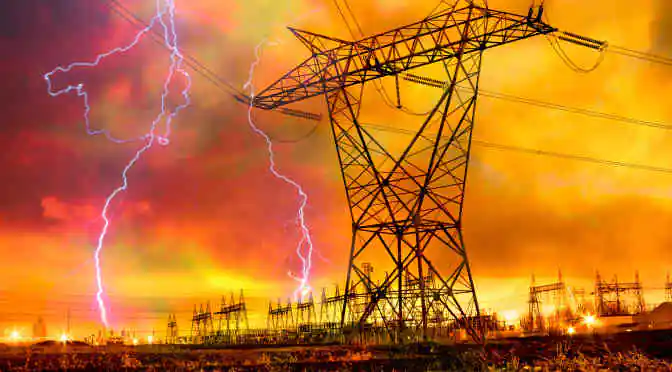What is Thermal Energy Storage?
Thermal energy storage accumulates energy through heating or cooling of a storage medium. The energy stored finds usage in various heating and cooling applications as well as in power generation.
Thermal energy storage systems are small scale and are commonly used in buildings and industrial processes. Sensible, latent, and thermochemical storage systems are used to accumulate thermal energy. These storage systems reduce peak load demand, lower CO2 emissions, and improve the overall efficiency of an energy system.
In addition, the systems increase the overall share of renewable sources in the energy mix as the conversion and storage is in the form of variable rentable energy. This drives the growth of the thermal energy storage market considerably.
Thermal energy storage systems can also be combined with concentrated solar plants to store heat and generate power during the absence of sunlight.
Spain: Market Leader in Thermal Energy Storage
Growing investments in thermal energy storage systems drive the market growth in this country. Vendors are investing in solar thermal energy technology to remain competitive in the market and gain profitability. Solar thermal energy storage systems also help in meeting basic load demands. The growing need for renewable energy sources in this country also fuels the demand for thermal energy storage systems.
USA: 2nd Biggest Thermal Energy Investor
The development of modern energy storage technologies helps in growth of the thermal energy storage market in the US. These technologies are highly efficient and more eco-friendly than the previous counterparts.
The US is a mature market for energy storage systems. Huge investments in micro grid projects including battery and thermal energy storage drive the market growth in this country. Other energy storage technologies such as flywheel and CAES also account for a considerable share.
In addition, the US vendors are developing grid-scale and small-scale energy storage capacities. These developments will propel the growth of the global thermal energy storage market in the US in future.
Why the Push for Thermal Energy Storage?
Growing Demand for Uninterrupted Power Supply
Rise in electrical disturbances in the power grid has created a demand for thermal energy storage systems as these systems can facilitate uninterrupted power supply. Installation of thermal energy storage systems reduces power disturbances considerably as the large-scale grid storage batteries prevent intermittence by providing stored electricity during power shortages.
Therefore, installing these storage systems worldwide will help power grids meet the growing demand. Moreover, the decentralization of power generation using various renewable energy resources can curb many grid failures and help in developing green solutions.
Construction of Electric Vehicle Infrastructure
Governments worldwide are aiming to increase renewable energy generation. For instance, the government of China has declared its intention to increase the deployment of renewable energy sources in its Five Year Plan. This deployment will help in reducing CO2 emissions considerably.
Similarly, governments of various countries have planned to increase the deployment of smart grids to support the development of renewable energy sources. The US, Japan, China, and Germany are encouraging electric vehicle infrastructure as part of their smart grid development program. The players in the electric vehicle infrastructure market of these countries are forging partnerships to expand their market base. Therefore, the development of electric vehicles will pave the way for the growth of the thermal energy storage market.
In addition, solar-powered electric vehicles generate electricity for their own use; the surplus electricity generated by these vehicles is transmitted to the power grid by connecting the vehicle to the grid. The transmitted energy is stored for future use. These developments will propel the growth of the global thermal energy storage market in the future.
Need to Reduce Power Outages
Power outages adversely affect day-to-day as well as business activities. The blackout of 2012 in India was one of the most notable incidences, affecting most of northern and eastern India. A loss of 32 GW of generating capacity was recorded because of the outage, affecting 620 million people. Installation of thermal energy storage systems can reduce such shortages by maintaining a power backup and enabling continuous electricity supply. Therefore, the development of energy storage systems to overcome power outages boosts the growth of the overall market.



